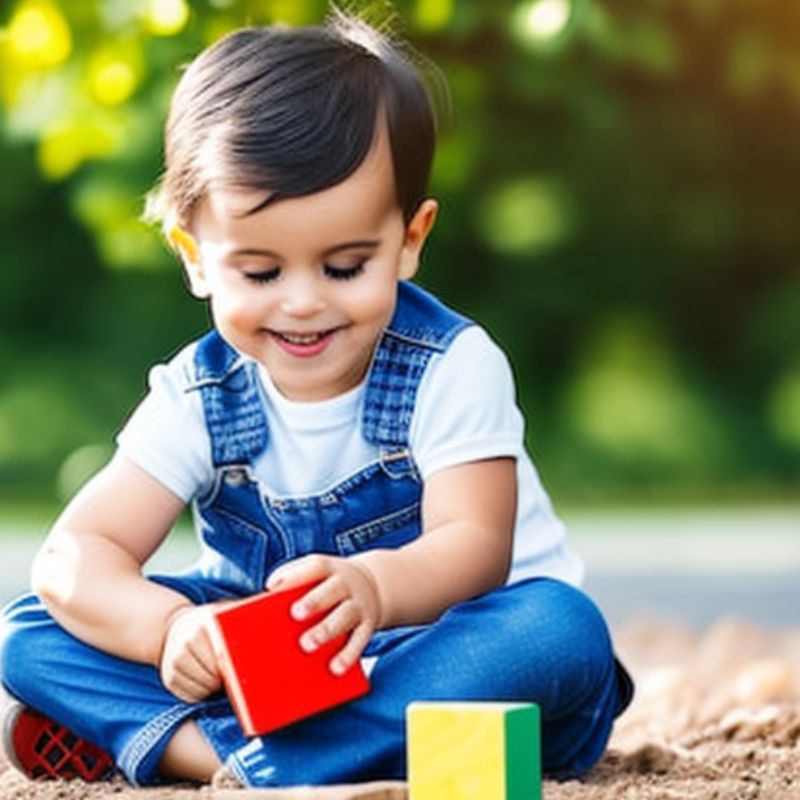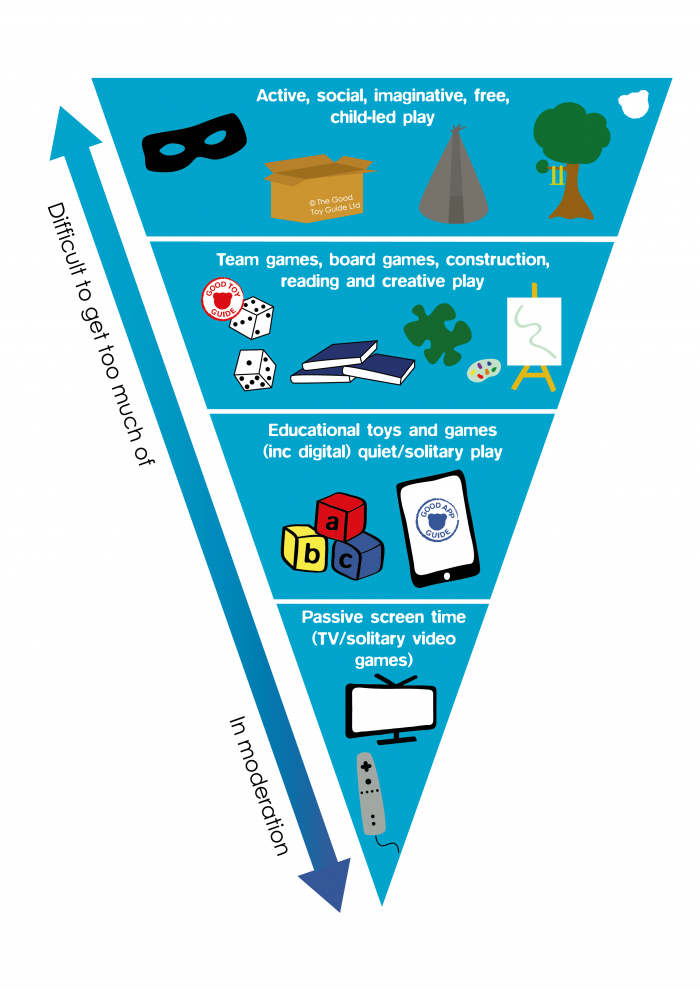
Beyond Education: How Balanced Play Prepares Children for School Success
As a parent, you want to give your child the best possible start in life. And education is a vital part of that. But how can you ensure that your child is developing the skills they need to succeed in school and beyond? The answer is simple: through play.
In fact, research has found that play is a critical component of early childhood development. And educational toys and games can play a significant role in supporting your child’s learning.
In this article, we’ll explore the benefits of educational toys and play, and how you can ensure that your child is getting a well-rounded experience.



